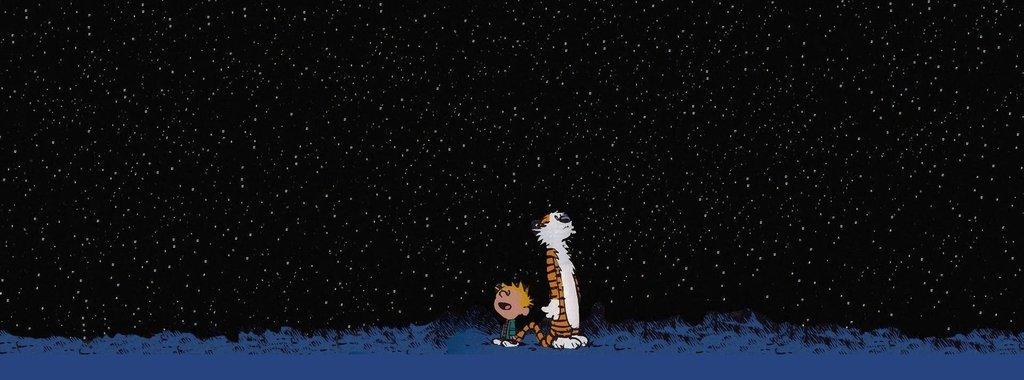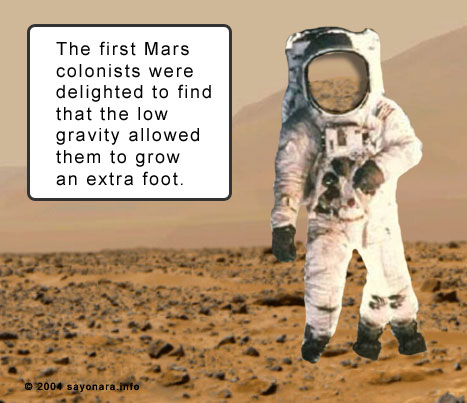
Everything posted by Sayonara
-
The Official "Introduce Yourself" Thread
What is that supposed to be?
-
Common Acronyms
You may have seen various acronyms used on the forums and wondered what they stood for. This non-exhaustive list is to clarify their meanings: IOW - in other words IMO - in my opinion IMHO - in my humble/honest opinion IIRC - if I remember correctly AFAIK - as far as I know ATM - at the moment (also "atinymonkey" on this site in particular) POV - point of view Please feel free to add relevant acronyms or query the meaning of any I have missed off.
-
Why is there no forum for (insert field here)?
Please post all such queries here, not in a new thread.
-
The Official "Introduce Yourself" Thread
Welcome to the forum. If you mean what I think you mean, then posts made in General Discussions don't count towards your postcount. Neither does anything moved to the trash bin. The idea is to make the postcount a better reflection of how much members contribute towards the sciencey threads.
-
The Official JOKES SECTION :)
How should I know? It's your crazy brain.
-
The Official JOKES SECTION :)
"Duck Tape" is a brand of duct tape. Makes you think, huh?
-
The Official JOKES SECTION :)
You've been watching me again.
-
The Official "Introduce Yourself" Thread
It's not that science is biased - it's that the evidence is, unfortunately, not very good. People in your field (and I'm obviously not saying you do this, as I have no reason to assume it) have a tendency to try and present evidence 'of something happening' to satisfy the question of why it is happening, which is unhelpful at best. What really annoys me is when they have self-styled psychic investigators on TV shows, who prowl around darkened houses while running through the entire gamut of emotional reaction, then describe in detail the personal life, times and demise of a Mrs Lucille DuBois, who lived in the house in the late Eighteenth Century. Then the presenters say something like "oooh, there you go viewers. Conclusive proof." That really doesn't do the field any favours.
-
The Official JOKES SECTION :)
No, it was not a coincidence. Do not post content that is likely to cause offence.
-
The Official "Introduce Yourself" Thread
Just done it.
-
The Official "Introduce Yourself" Thread
You cannot post a new thread because you have not validated your account. You should have received a confirmation email with instructions.
-
The Official "Introduce Yourself" Thread
I would hope that I make people think about the things they are perhaps overly-confident of
-
The Official "Introduce Yourself" Thread
Like this one you mean?
-
The Official JOKES SECTION :)
Yeah bitch.
-
The Official JOKES SECTION :)
1 - He could have been in France, where many bars do have waitresses and pubs techincally do not exist. 2 - Barmaid != waitress.
-
The Official JOKES SECTION :)
Pubs in the UK don't have waitresses, because we don't fall about on our way back to the bar after half a litre of piss-water Artois*. * which we can buy in cans, so nyaaaah.
-
The Official "Introduce Yourself" Thread
It's good to see we are now starting to get more people with graduate and post-grad qualifications Huzzah!
- The Official JOKES SECTION :)
-
The Official "Introduce Yourself" Thread
Patrick Henry was "Give me Liberty, or give me Death".
-
The Official JOKES SECTION :)
None of those are GCSE questions. This is one of those bollocks emails that goes around forever with the country name changing every time, etc etc. If you google for exact terms you will find dozens (if not hundreds) of sites with this on their crappy "humor pages".
-
The Official "Introduce Yourself" Thread
Konnichiwa is equivalent to "hello", but formally means "good afternoon". The simple way to avoid using it incorrectly is to use the other greetings at the right time of day: ohayo gozaimasu in the morning, konbanwa in the evening, oyasumi nasai at night, and konnichiwa at all other times.
-
The Official JOKES SECTION :)
Oh Jeez: Moderated because it preemptively stole the joke I just posted. You had plenty of time to post it first time around JaKiri
-
The Official JOKES SECTION :)
The only ATP I know is Adenosine Triphosphate (the energy transfer structure in respiration).
-
The Official JOKES SECTION :)
Two jokes in one - bonus!
-
The Official JOKES SECTION :)
A few of those I have seen before, on a chain e-mail someone made the mistake of sending me. I was quite bored at the time so I replied to each and every one and sent it back with 'reply all'. I'll dig that out later as it was crushingly funny (well, for an outside observer).

